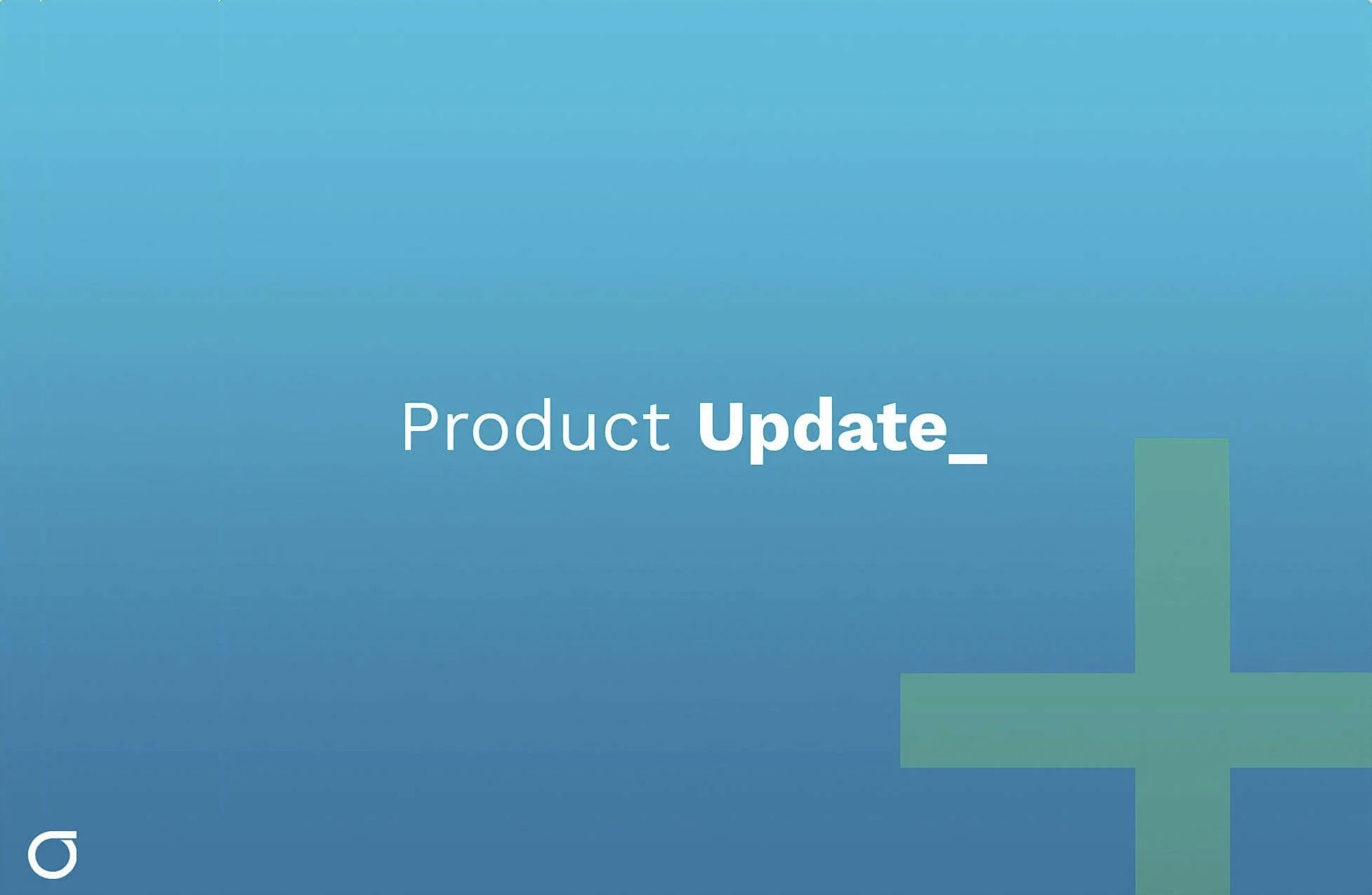Adverse media is increasingly important for financial institutions and global corporates. Google search strings allow users to screen a name of an individual or company against multiple search phrases at the same time. An investigator can use additional criteria to filter down the results of a very broad search in order to check if an entity has any results related with documented past crimes or negative news. Adverse media screening has become a significant part of customer third-party due diligence for a range of users that are increasingly utilizing both manual and automated approaches.
Major regulators (FATF; FinCEN; etc.) advised and often enforced adverse media screening of customers and other third parties. Financial institutions frequently go above and beyond these requirements, not only to avoid regulator scrutiny, but to safeguard their brand in a highly competitive market.
Google search strings can be used to research negative news stories, but they’re not a replacement for traditional due diligence methods, such as verifying documents or conducting interviews with people directly involved in a transaction. To ensure accurate results when conducting adverse media searches on Google, you must use multiple sources and cross-reference them with other available data points.
Adverse media is a term that describes any negative news or information that could be detrimental to an individual, business, or organization. It can include anything from criminal records and financial issues to political scandals and public relations disasters. Adverse media screening can have profound implications, affecting reputation, trustworthiness and the ability to do business with others.
Adverse media screening can be a portion of the due diligence process. It can identify potential risks and be integral for regulatory compliance with Anti-Money Laundering regulations.
Adverse media screening can help organizations conduct comprehensive risk intelligence and due diligence checks on individuals or entities they plan on doing business with. It can detect suspicious activity and help organizations comply with Anti-Money Laundering regulations. Effective screening can ultimately protect brand image from reputational damage by avoiding partnerships with people who have questionable backgrounds or histories.
One way to search for adverse media using Google is through Boolean search. If you put the name in quotations, add "AND," and each search term is separated by "OR," the search engine will pick up and prioritize all results that contain any of these keywords. Queries using keywords with modifiers such as “and,” “not,” or “or” return relevant results. For example, typing ‘Customer name’ AND (crime OR corruption OR money laundering OR bribe) can indicate any adverse media. Stringing together words and boolean operators is a free method to identify adverse media.
Adverse media screening is used to review media and safeguard the reputation of an organization during client onboarding and periodic reviews.
For example, if you wanted to find out more information about a particular customer named John Smith, you could use the following Google search string:
While Google can be an excellent tool for finding this type of information, there are some disadvantages to using it as your primary or only source.
One major disadvantage of using Google for an adverse media search is the potential for obtaining misinformation. Additionally, Google searches only go back so far, so older news stories may not show up in your results even though they might be relevant to your due diligence or regulatory compliance checks.
In addition to a Boolean search, if an AML analyst receives an alert for suspected financial activities involving a company, the analyst needs to obtain further information on the client to provide important context and rule out any potential false positives. After determining a google search string shows results relating to a client, it’s critical to consider what the search results are telling you. For example, regulatory or law enforcement reports of a client being convicted of a money laundering offense should be taken seriously and investigated.
Along with other information that you have on the client, like transaction data, reviewing the negative news can be seen as a trigger event for doing a more in-depth customer review.
A crucial consideration when determining the risk level of a piece of media is the age of the news or events that occurred. Allegations over 10 years old will be less relevant than recent allegations.
The presence of adverse information on a client is an important consideration. An organization must carefully assess any adverse media-related risks and their potential impacts on regulatory compliance and brand reputation.
Other ways exist to ensure we are staying up to date with risk information. For example, it is necessary to search beyond the news media. Reports by non-governmental organizations, third-party sources, law enforcement agencies, and government agencies are often go-to sources to find risk information.
Additionally, focusing on access to international content and ways to overcome language barriers can assist in screening for negative news. International media focuses on reporting high-risk incidents in local languages, which makes it difficult for English-speaking investigators to identify and screen for negative news.
An effective adverse media search requires thorough research and documentation. By researching public records, using multiple related keywords, and keeping track of searches, you can better ensure accuracy and comprehensive results to protect yourself legally.
Some essential adverse media screening best practices when it comes to performing an effective adverse media search can include:
Sigma360 offers an advanced risk intelligence platform for adverse media screening to help automate the process of collecting and reviewing data at scale. This reduces the time, effort, and resources required to manually scrape Google in an often error-prone, time-consuming and gap-riddled process.
With Sigma360, you can focus on making decisions. Our platform leverages AI-driven technology, quickly scanning through thousands of sources, including news outlets, government databases, social networks, dark web forums, and more, to sort relevant results and simplify reviews. Leveraging the latest technology means you can focus on making risk-related decisions, instead of spending time manually searching for information.
Sigma360's AML monitoring and screening tools include access to a proprietary Ultimate Beneficial Owner (UBO) database that contains over 10 million records related to corporate entities around the world – helping organizations accurately identify beneficial owners as required by anti-money laundering regulations. Request a demo today to see how Sigma can help with your compliance workflows.

We are excited to announce a number of new features that are purpose built for the modern investigator as we continue to make Sigma the most powerful...

In our effort to further enable customers to control their own Sigma platform and data experiences, and to support our future vision for ongoing risk...

Throughout the last few years, export controls have taken heretofore unseen prominence in news media headlines. In the United States, companies such...
